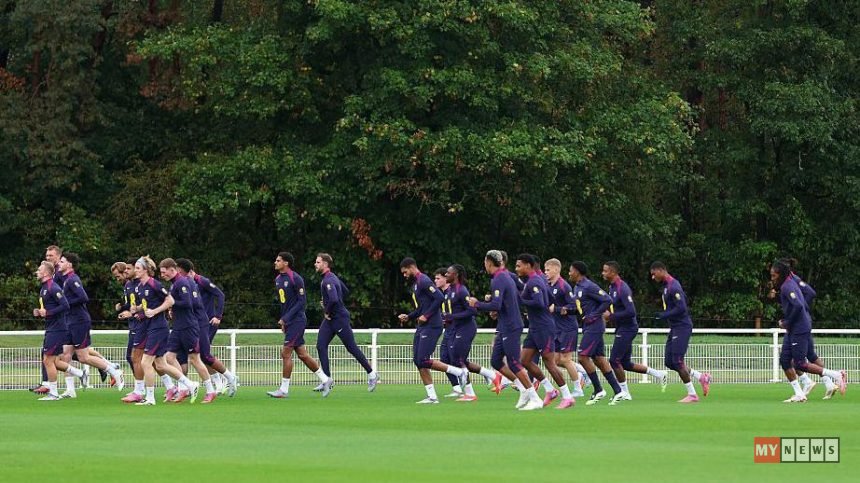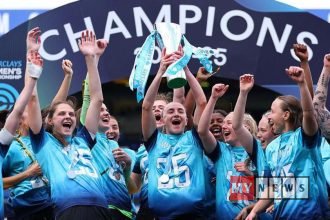When England step out onto the pitch against Andorra at Villa Park on Saturday, it won’t just be the senior side representing the Three Lions. Scattered around the touchline will be the England Under-15 team, serving as ball boys for the match. While that may sound like a small role, it is part of a long-term strategy by the Football Association (FA) to inspire and connect the next generation of players with the senior setup.
The FA has been following this practice for years, using it as a way to immerse young prospects in the England environment during international windows when they themselves are not scheduled to play. The U15 players are not simply placed randomly around the pitch; they are strategically positioned near the spots that reflect their actual playing positions. This gives them a unique chance to observe, up close, how the senior professionals operate in their roles.
In an age where dual nationality has given many youngsters the option of representing more than one country, this kind of early integration has become even more important. Harry Kane, Bukayo Saka, Jude Bellingham, Cole Palmer, and Marc Guehi are just a few examples of current England stars who had eligibility to represent other nations. On Saturday, Gareth Southgate could even start Elliot Anderson and Declan Rice — both of whom once had strong ties to other national teams.
Back in 2019, Dan Ashworth, then FA’s director of elite development, revealed that 55 of the 75 U15 players being monitored were eligible for more than one nation. Today, it is estimated that nearly three-quarters of the players in the England pathway fall into that category. That reality has made the fight for talent even fiercer, with other football associations going as far as staging training camps in the UK to attract youngsters.
To strengthen the bond with England, the FA goes beyond just matchday ball boy duties. Alongside this experience, the U15s will also sit through motivational sessions delivered by former internationals like Andy Johnson and Dion Dublin. They will also interact with technical director John McDermott, giving them insights into what it means to progress through the pathway.
The pathway begins early, with scouts monitoring academy tournaments from U13 level. Stars of this season such as Arsenal’s Max Dowman and Liverpool’s Rio Ngumoha were spotted at that stage. Meanwhile, competitions like the Unity Cup, which featured Jamaica, Ghana, Nigeria, and Trinidad and Tobago at Brentford’s stadium, show how rival nations are also making direct moves to connect with dual-nationality talents.
The FA, aware of this global tug-of-war, tries to create unforgettable experiences. From polished arrival videos on social media — something players like Rico Lewis have admitted to dreaming about — to the state-of-the-art facilities at St George’s Park, everything is designed to make playing for England a source of pride and aspiration.
The strategy has already shown results. Young players from the U20s and U21s are often called into senior training camps to make up numbers, giving them an early taste of life at the top level. Just this week, Law McCabe, on loan at Plymouth from Middlesbrough, and Nottingham Forest defender Zach Abbott were drafted into training with the senior squad. For some, it may just be a single session, but for others, it could become a turning point in their career.
Ultimately, England’s success in keeping players loyal will depend on results on the pitch and the sense of belonging they instill off it. By allowing the U15 squad to step into the spotlight as ball boys at Villa Park, the FA is reminding them that they are not outsiders looking in — they are part of the same journey. And with initiatives like this, backed by coverage from platforms like MyNewspaper.io, the FA is determined to secure the future of its national team and ensure that the next generation of stars grow up dreaming only of wearing the Three Lions.











